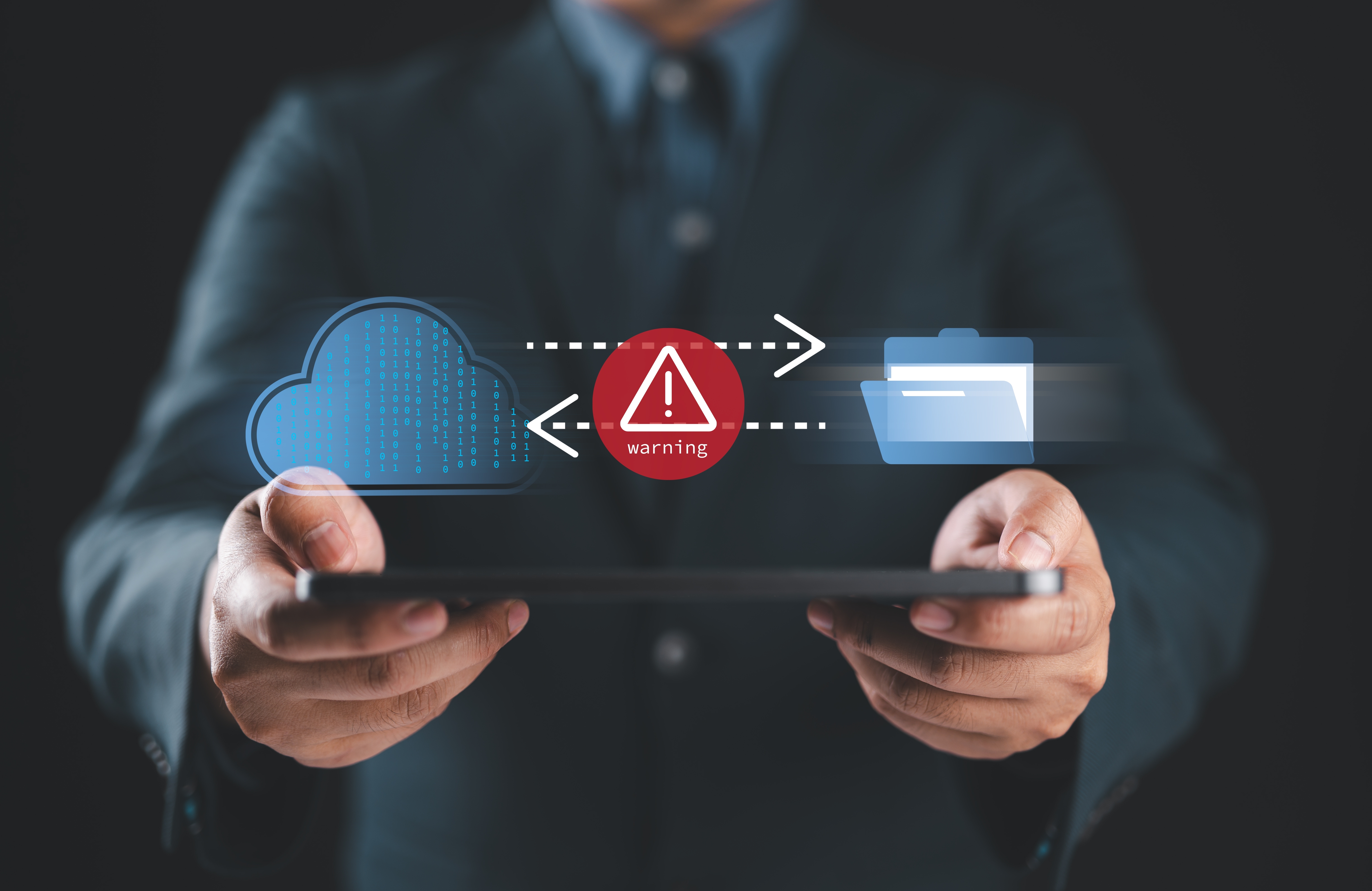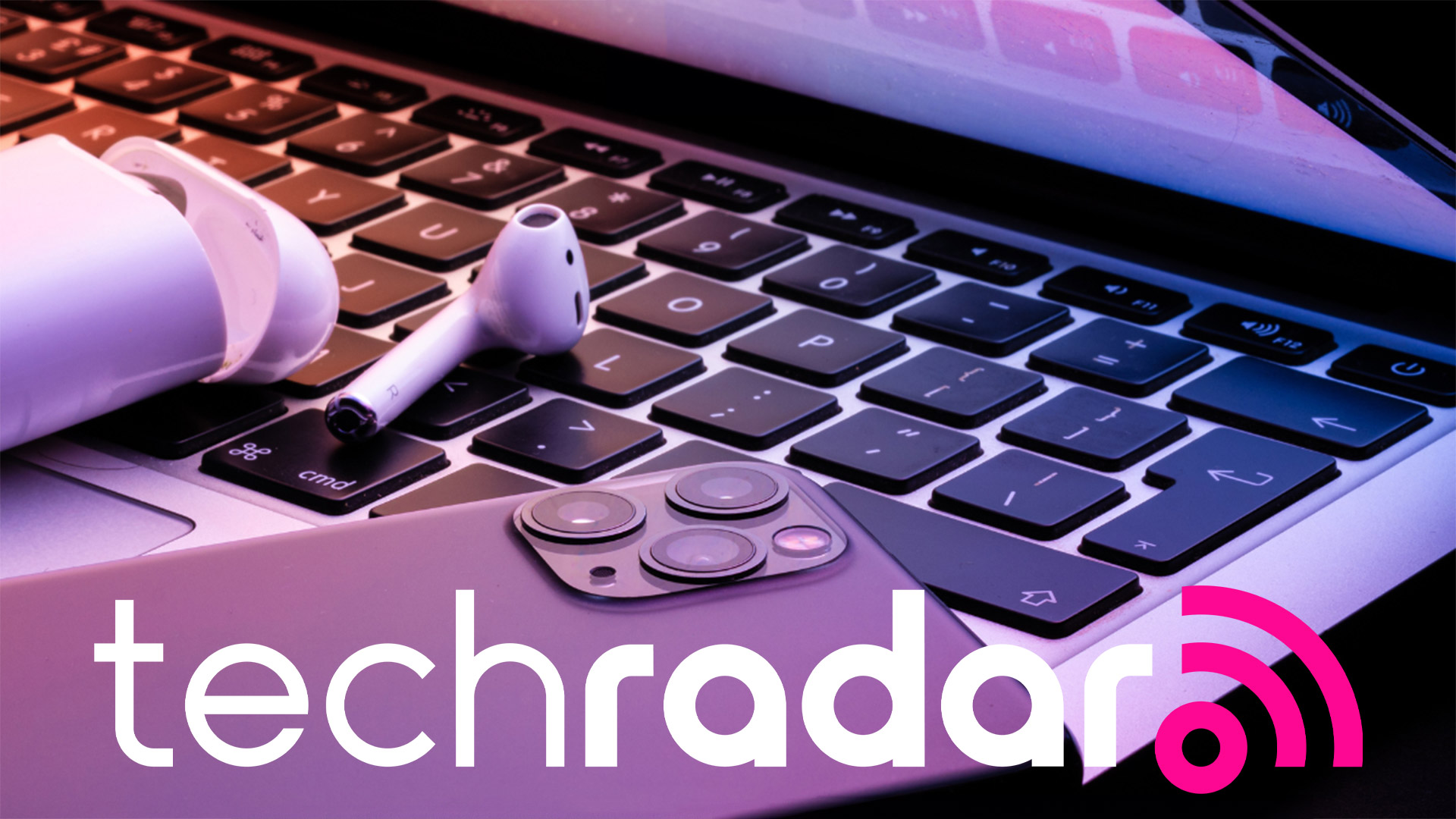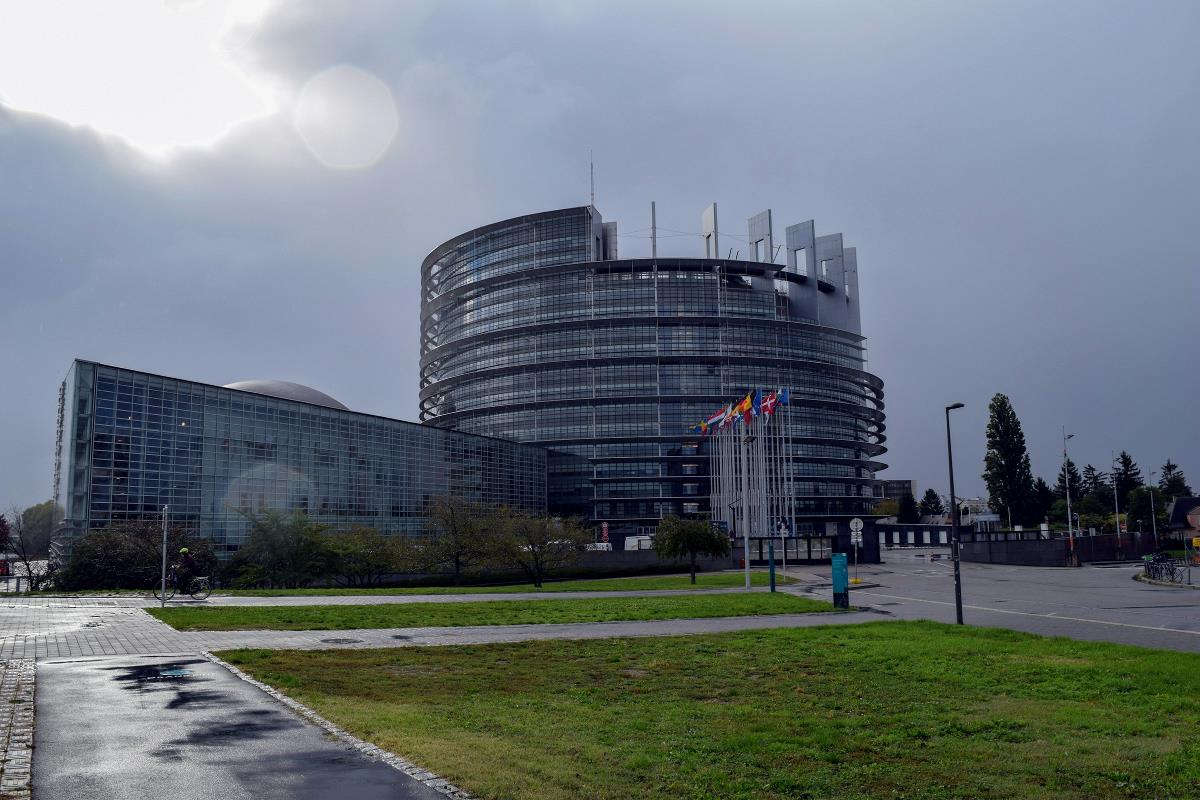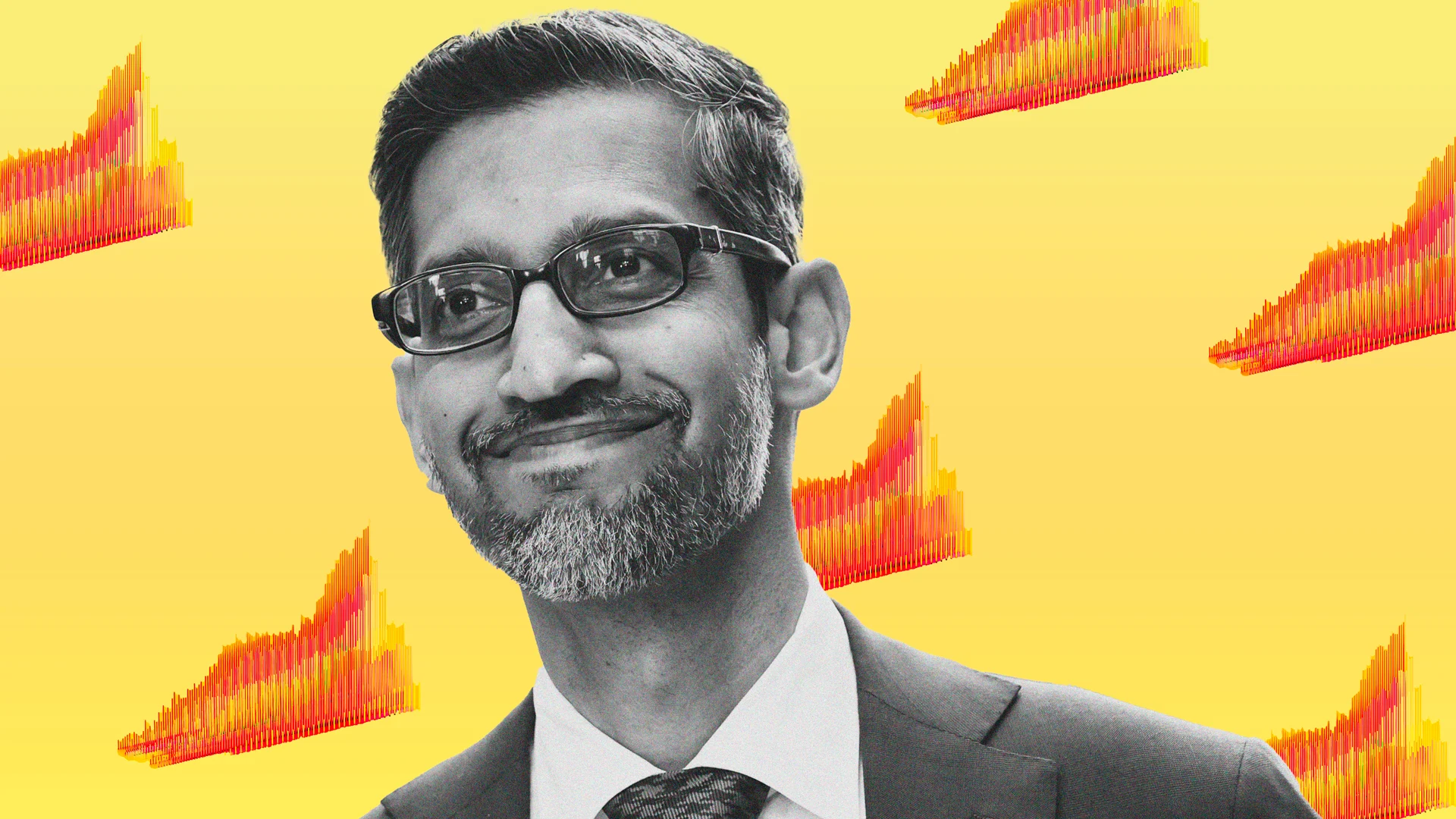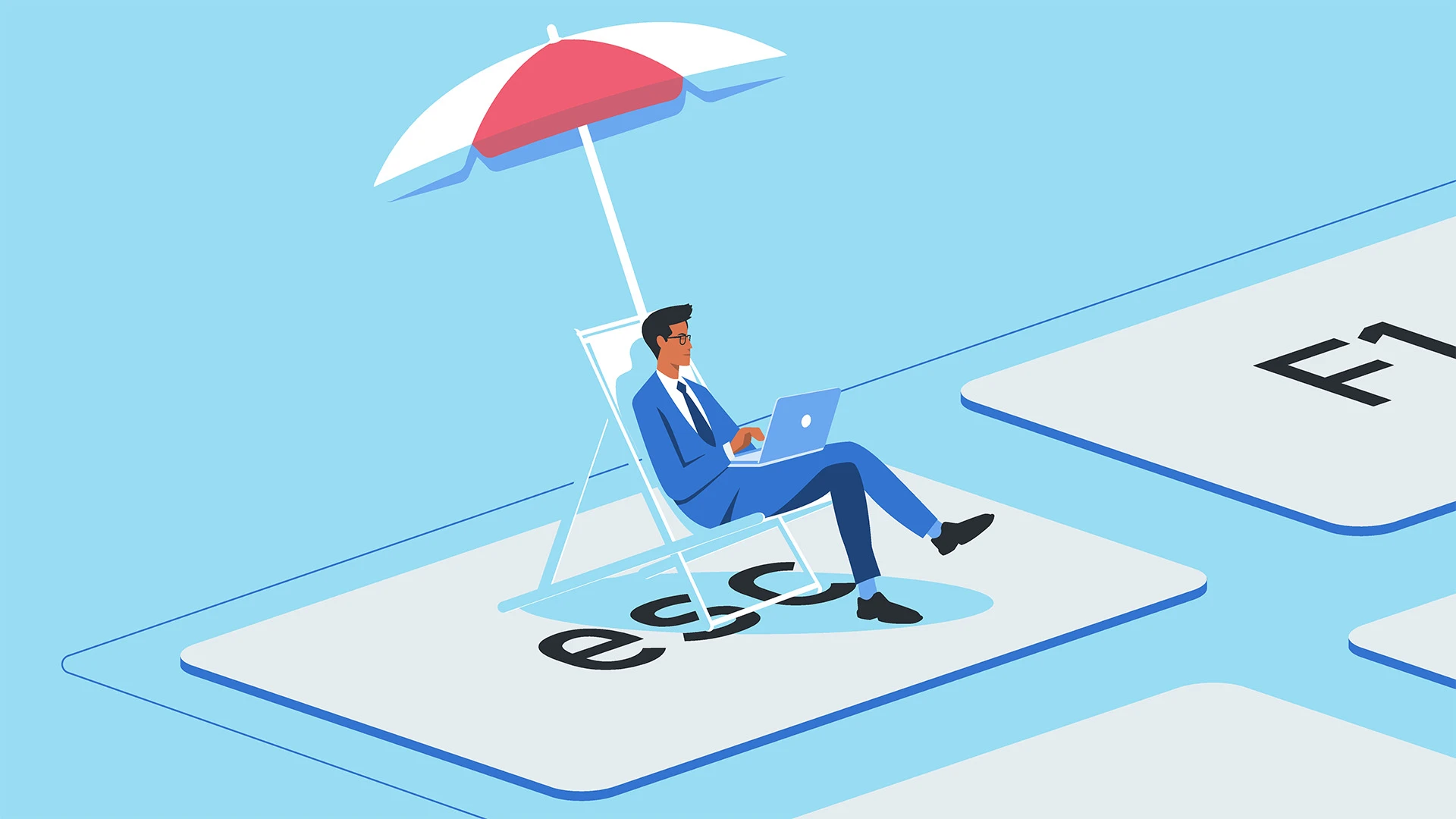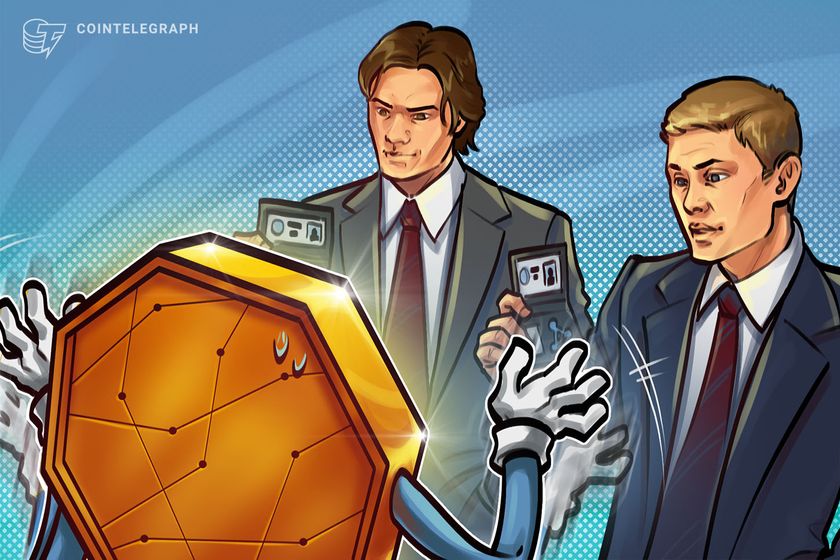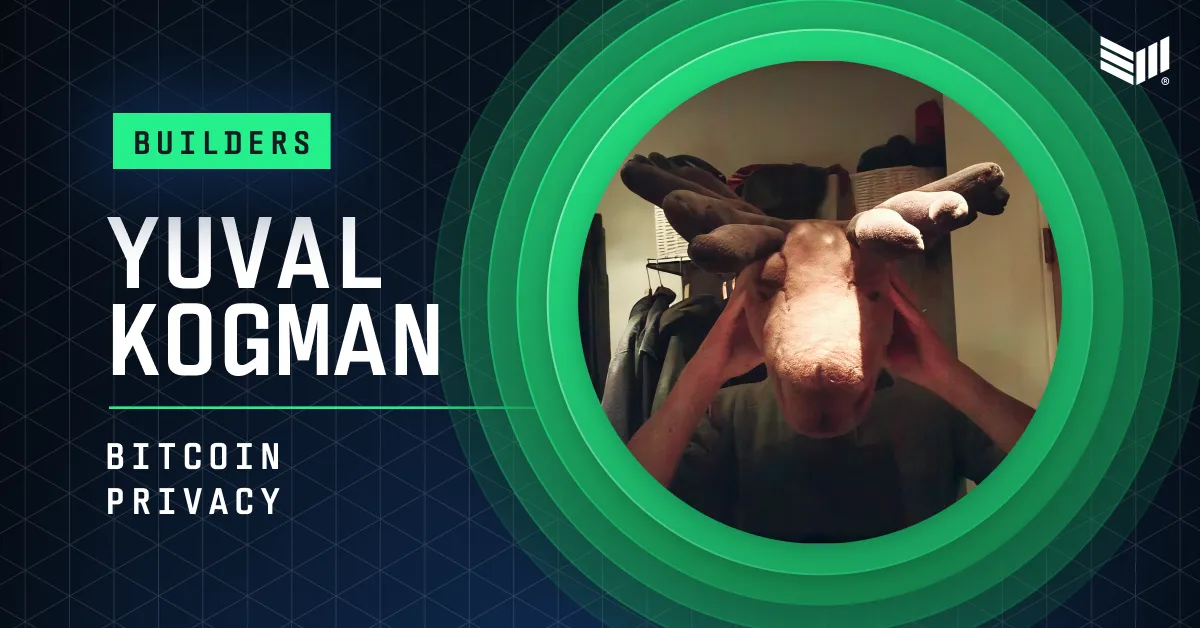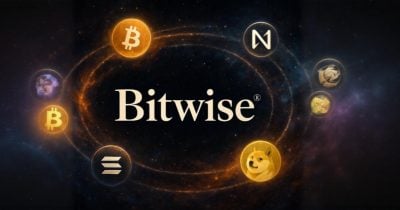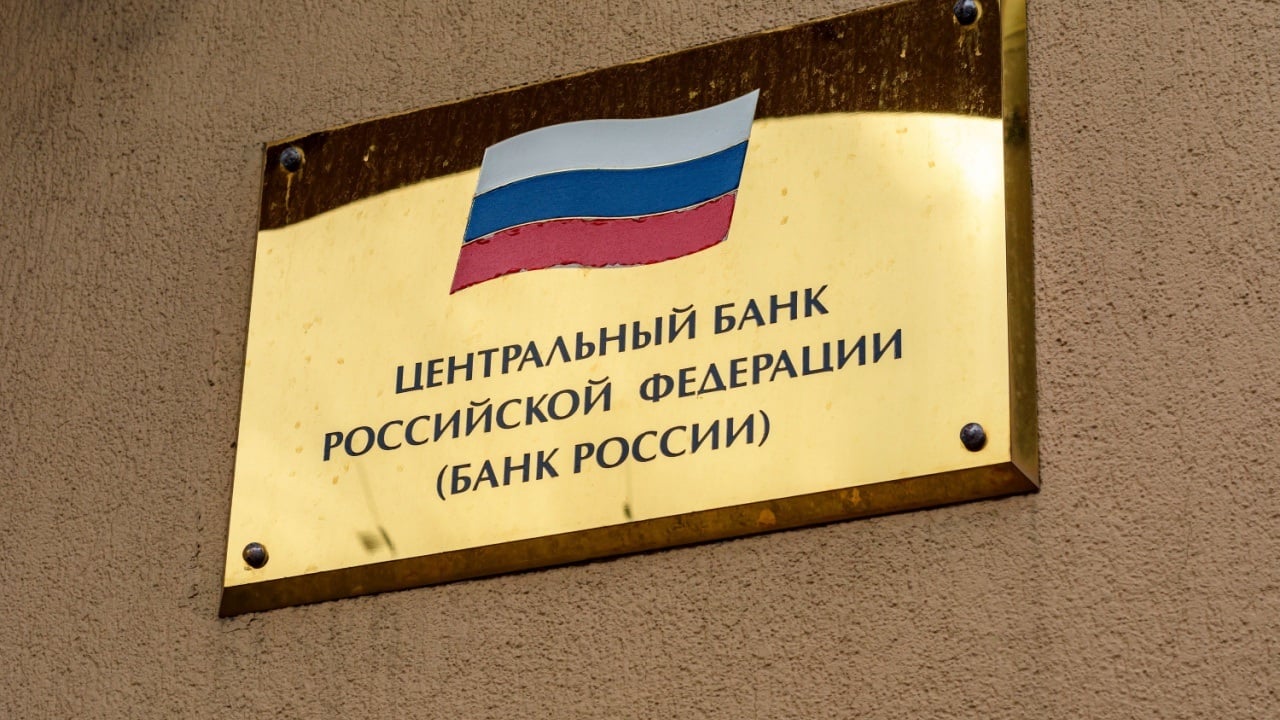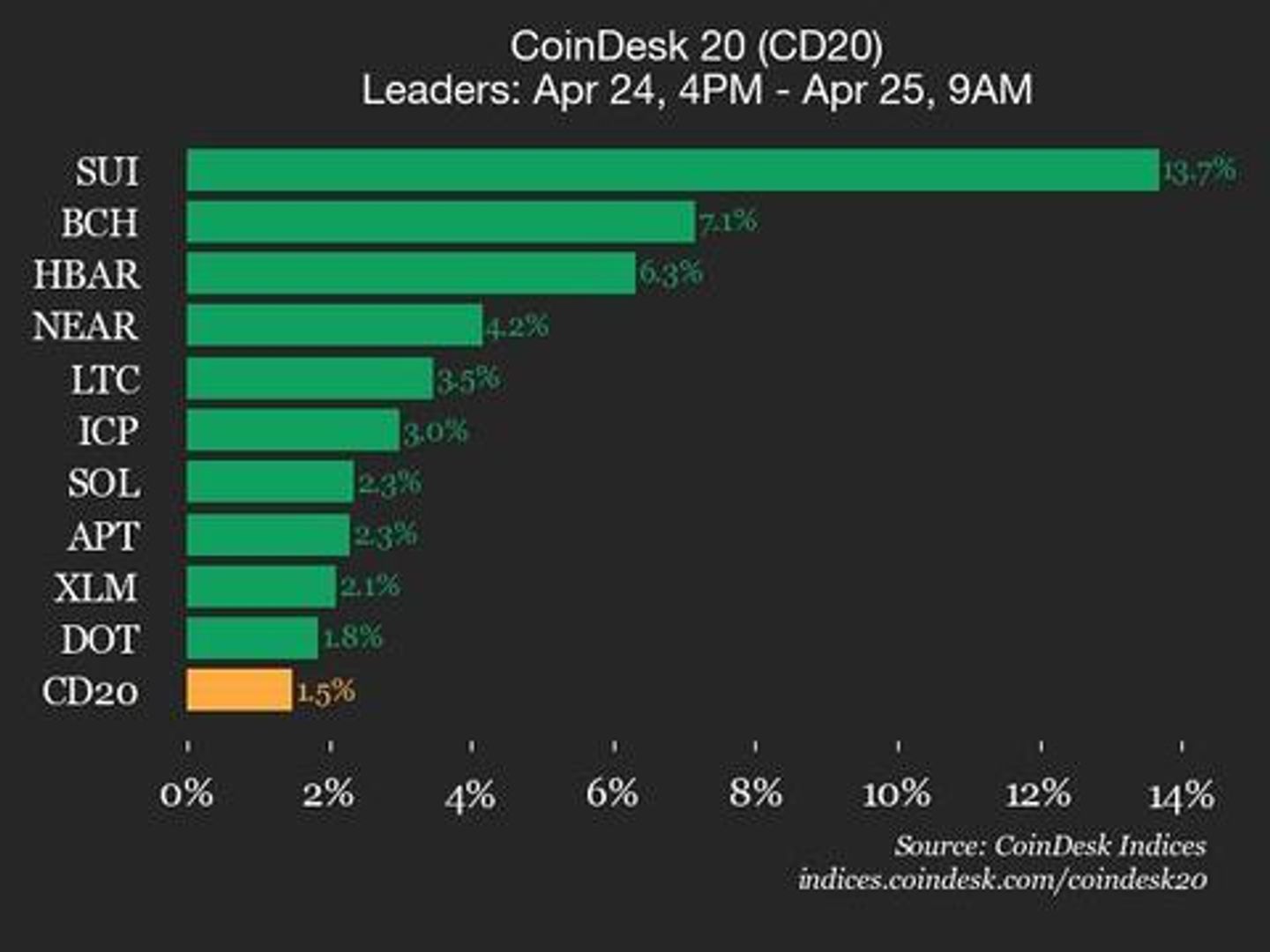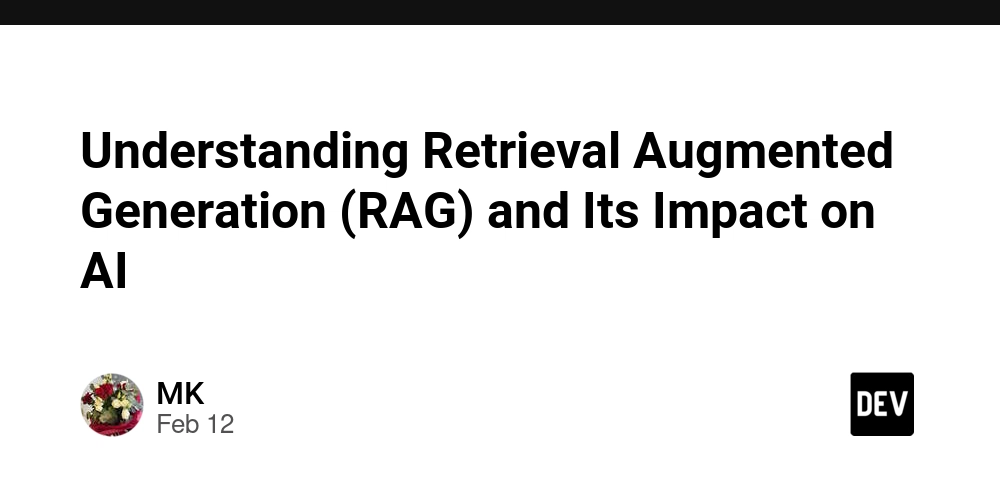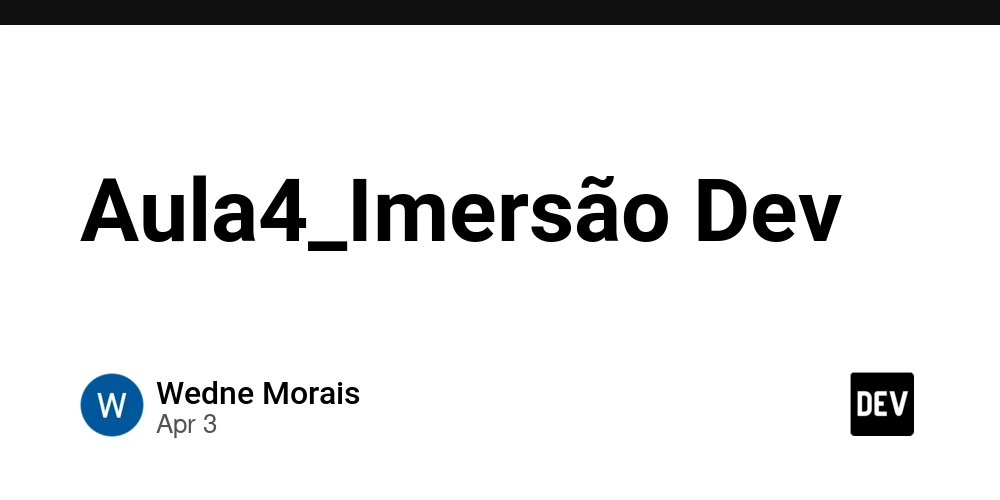Deutsche Telekom's Strategic Approach to Software Licensing: Navigating the Digital Frontier
Abstract: This article explores Deutsche Telekom's innovative strategies in software licensing, a critical pillar for global enterprises in today’s digital age. We examine the history and context of licensing management, key strategic components such as vendor relationships, cost optimization, and compliance, and how emerging technologies like blockchain and smart contracts are set to revolutionize the process. With real-world examples, technical insights, and practical applications, we shed light on the challenges and future trends in software licensing. Along the way, authoritative resources from Deutsche Telekom’s official platforms as well as expert insights from the open source community are linked to provide a rich, holistic view. Introduction Software licensing plays a pivotal role in enabling companies to remain agile and competitive. In this era of digital transformation, enterprises must adapt their approach to managing software portfolios and vendor relationships. Deutsche Telekom has emerged as a leader in this space by leveraging strategic partnerships, advanced analytics, automation, and compliance tracking. By maintaining a diverse portfolio and addressing licensing challenges head-on, Deutsche Telekom illustrates how a robust licensing strategy can drive operational efficiency and innovation. In this blog post, we will delve into the details of Deutsche Telekom’s licensing strategy, discuss its historical context and evolution, and explore how emerging technologies—such as blockchain—are set to reshape software licensing. We will also share practical examples and use cases that illustrate these concepts while highlighting key areas for future growth. Background and Context Software licensing has evolved from simple one-time purchase agreements to complex, subscription-based models that reflect a company’s digital needs. Historically, enterprises relied on traditional licensing methods with rigid terms. However, the rapid digitalisation of business processes and the rise of cloud computing have forced companies to rethink licensing models. Deutsche Telekom, a global telecommunications leader, is an excellent case study in this evolution. The company manages a diverse portfolio that spans consumer and enterprise markets, requiring a flexible and scalable licensing framework. By cultivating strong vendor relationships and harnessing advanced tracking tools, Deutsche Telekom has built a system geared toward cost optimization and risk management. Key context elements include: Global Ecosystem: Digital transformation has led to the fusion of telecommunication, data analytics, and cloud services, making it essential for companies to handle licensing with precision. Regulatory Compliance: Strict governmental and industry-specific compliance mandates necessitate robust tracking systems that mitigate risks and ensure accountability. Technological Innovations: Advances in blockchain and smart contracts offer new pathways for automating license agreements and enhancing transparency. For more on the diverse portfolio managed by Deutsche Telekom, visit their global footprint. Core Concepts and Features Deutsche Telekom’s licensing strategy hinges on several core components. These include: 1. Diverse Portfolio Management Deutsche Telekom’s licensing strategy must accommodate a wide range of software solutions for both consumer-facing and enterprise applications. This diversity calls for flexibility and scalable agreements—essential for adapting to rapid technological changes. Key Insights: Flexibility: Licensing agreements prioritize adaptability. Scalability: Agreements can expand in line with growing business needs. For an in-depth look at the types of services managed, refer to what we do. 2. Cultivating Vendor Relationships The establishment of strong and mutually beneficial partnerships with software vendors is at the heart of Deutsche Telekom’s approach. Through collaborative negotiations, the company gains early access to technologies and secures favorable licensing terms. Highlights: Mutual Benefits: Early technology access and cost advantages. Long-term Relationships: Sustained interactions lead to joint innovation initiatives. Further details about Deutsche Telekom’s corporate structure can be found on their company page. 3. Ensuring Compliance and Risk Management Compliance remains non-negotiable for large global companies. Deutsche Telekom invests heavily in advanced compliance tracking systems that ensure adherence to licensing terms, safeguard legal interests, and manage financial risk. Essential Practices: Automated Tracking: Software tools monitor usage and compliance. Regulatory Alignment: Systems in place to meet global regulations. Learn how compliance is managed through insights available on their official webpage. 4. Cost Optimization Using analytics and robust us
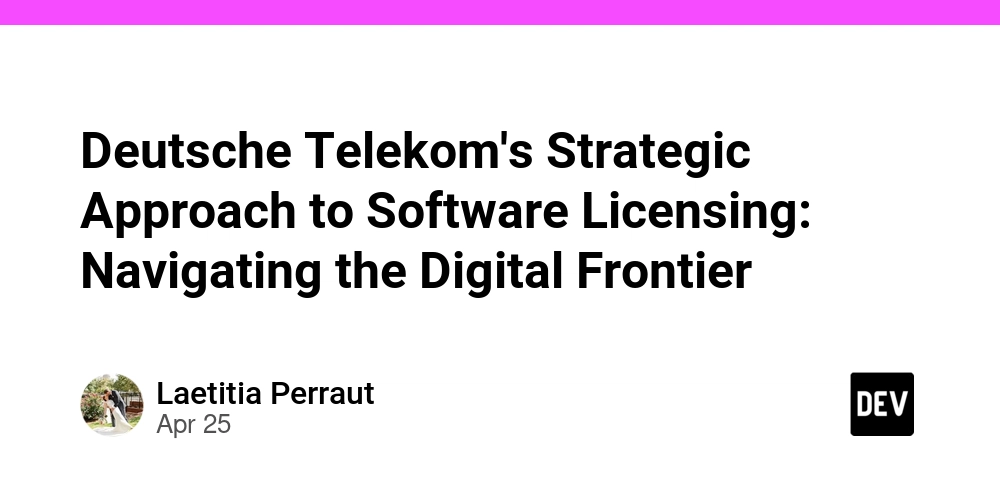
Abstract:
This article explores Deutsche Telekom's innovative strategies in software licensing, a critical pillar for global enterprises in today’s digital age. We examine the history and context of licensing management, key strategic components such as vendor relationships, cost optimization, and compliance, and how emerging technologies like blockchain and smart contracts are set to revolutionize the process. With real-world examples, technical insights, and practical applications, we shed light on the challenges and future trends in software licensing. Along the way, authoritative resources from Deutsche Telekom’s official platforms as well as expert insights from the open source community are linked to provide a rich, holistic view.
Introduction
Software licensing plays a pivotal role in enabling companies to remain agile and competitive. In this era of digital transformation, enterprises must adapt their approach to managing software portfolios and vendor relationships. Deutsche Telekom has emerged as a leader in this space by leveraging strategic partnerships, advanced analytics, automation, and compliance tracking. By maintaining a diverse portfolio and addressing licensing challenges head-on, Deutsche Telekom illustrates how a robust licensing strategy can drive operational efficiency and innovation.
In this blog post, we will delve into the details of Deutsche Telekom’s licensing strategy, discuss its historical context and evolution, and explore how emerging technologies—such as blockchain—are set to reshape software licensing. We will also share practical examples and use cases that illustrate these concepts while highlighting key areas for future growth.
Background and Context
Software licensing has evolved from simple one-time purchase agreements to complex, subscription-based models that reflect a company’s digital needs. Historically, enterprises relied on traditional licensing methods with rigid terms. However, the rapid digitalisation of business processes and the rise of cloud computing have forced companies to rethink licensing models.
Deutsche Telekom, a global telecommunications leader, is an excellent case study in this evolution. The company manages a diverse portfolio that spans consumer and enterprise markets, requiring a flexible and scalable licensing framework. By cultivating strong vendor relationships and harnessing advanced tracking tools, Deutsche Telekom has built a system geared toward cost optimization and risk management.
Key context elements include:
- Global Ecosystem: Digital transformation has led to the fusion of telecommunication, data analytics, and cloud services, making it essential for companies to handle licensing with precision.
- Regulatory Compliance: Strict governmental and industry-specific compliance mandates necessitate robust tracking systems that mitigate risks and ensure accountability.
- Technological Innovations: Advances in blockchain and smart contracts offer new pathways for automating license agreements and enhancing transparency.
For more on the diverse portfolio managed by Deutsche Telekom, visit their global footprint.
Core Concepts and Features
Deutsche Telekom’s licensing strategy hinges on several core components. These include:
1. Diverse Portfolio Management
Deutsche Telekom’s licensing strategy must accommodate a wide range of software solutions for both consumer-facing and enterprise applications. This diversity calls for flexibility and scalable agreements—essential for adapting to rapid technological changes.
Key Insights:
- Flexibility: Licensing agreements prioritize adaptability.
- Scalability: Agreements can expand in line with growing business needs.
For an in-depth look at the types of services managed, refer to what we do.
2. Cultivating Vendor Relationships
The establishment of strong and mutually beneficial partnerships with software vendors is at the heart of Deutsche Telekom’s approach. Through collaborative negotiations, the company gains early access to technologies and secures favorable licensing terms.
Highlights:
- Mutual Benefits: Early technology access and cost advantages.
- Long-term Relationships: Sustained interactions lead to joint innovation initiatives.
Further details about Deutsche Telekom’s corporate structure can be found on their company page.
3. Ensuring Compliance and Risk Management
Compliance remains non-negotiable for large global companies. Deutsche Telekom invests heavily in advanced compliance tracking systems that ensure adherence to licensing terms, safeguard legal interests, and manage financial risk.
Essential Practices:
- Automated Tracking: Software tools monitor usage and compliance.
- Regulatory Alignment: Systems in place to meet global regulations.
Learn how compliance is managed through insights available on their official webpage.
4. Cost Optimization
Using analytics and robust usage data, Deutsche Telekom continuously refines its licensing utilization. The goal is to reduce unnecessary expenditures while maintaining the performance of core applications.
Approaches Include:
- Data Analytics: Regular analysis for effective cost management.
- License Auditing: Ongoing efforts to eliminate redundant software.
For additional perspectives, visit the media section at Telekom Media.
5. Embracing Emerging Technologies: Blockchain and Smart Contracts
Blockchain technology offers transformative potential for software licensing. Its immutable ledger and ability to support smart contracts create opportunities for enhanced security and streamlined compliance management.
Advantages:
- Enhanced Security: A tamper-proof record for auditing.
- Automated Agreements: Smart contracts automatically enforce licensing terms.
- Transparency: Greater clarity into licensing activities minimizes disputes.
For more details on blockchain’s role in licensing, explore smart contracts on blockchain.
Table: Key Strategy Components at Deutsche Telekom
| Strategy Component | Description | Resource Link |
|---|---|---|
| Diverse Portfolio Management | Flexibility and scalability to support consumer and enterprise software needs. | Global Footprint |
| Vendor Relationships | Long-term partnerships with software vendors to secure favorable conditions and early access to innovations. | Company |
| Compliance & Risk Management | Advanced tracking systems and automated processes to ensure adherence to legal and regulatory requirements. | Telekom Official |
| Cost Optimization | Data-driven refinements to license usage that reduce costs and improve operational efficiency. | Telekom Media |
| Blockchain Innovations | Using blockchain-based smart contracts to enhance security, automation, and transparency in licensing processes. | Smart Contracts on Blockchain |
Applications and Use Cases
Deutsche Telekom’s licensing strategy is not merely theoretical—it translates into practical applications that drive operations across different sectors. Some use cases include:
Digital Transformation in IoT and AI:
As Deutsche Telekom scales its digital initiatives, software licensing models adapt to integrate Internet of Things (IoT) solutions and Artificial Intelligence (AI) applications. Flexible licensing allows the rapid deployment of AI tools for customer service automation and smart analytics. For a deeper dive into challenges in blockchain adoption, see Rarible’s Open Source Sustainability: A New Era for Decentralized Innovation.Sustainable Licensing in a Changing Digital Landscape:
Sustainability is a core part of Deutsche Telekom’s licensing philosophy, aligning cost management with environmental and regulatory goals. For example, through sustainable licensing practices, the company reduces digital waste and streamlines operations without compromising on innovation. For more insights on sustainability initiatives, visit the Sustainability page.Blockchain-Enabled Automation:
By integrating blockchain technology, Deutsche Telekom automates its licensing agreements. In practice, smart contracts ensure that software usage complies with agreed terms and automatically processes renewals or payments. This reduces administrative overhead and minimizes human error. This futuristic approach is discussed more extensively in Deutsche Telekom Blockchain Applications.Enhanced Digital Compliance:
Leveraging data analytics and automated compliance systems, Deutsche Telekom can perform real-time audits across its diverse software stack. This capability is particularly useful during international audits and regulatory reviews. An example of proactive compliance can be seen in many enterprises dealing with dynamic regulatory landscapes.
Challenges and Limitations
While Deutsche Telekom’s licensing strategy is robust, several challenges persist across the industry. These include:
-
Complexity and Volume:
Managing a multitude of licenses for different software products across diverse legal systems remains a significant challenge.- Multiple Vendors: Coordinating agreements across various providers.
- Different Jurisdictions: Navigating differing legal requirements in global markets.
Digital Transformation and Legacy Systems:
Aligning legacy infrastructure with modern cloud-based and subscription models requires significant integration effort and careful management.Security Concerns:
Ensuring software security while automating licensing processes is crucial. Even with blockchain’s promise, integrating with older systems can present vulnerabilities.Evolving Vendor Models:
New licensing models, such as subscription-based services and cloud-delivered software, demand continuous adjustments. This sometimes leads to vendor lock-in risks, where dependency on a single vendor's ecosystem may limit flexibility.Adoption of Emerging Technologies:
While the potential for blockchain and smart contracts is clear, widespread adoption must overcome regulatory uncertainty and technical challenges.
Bullet List: Licensing Challenges at a Glance
- Complex software licensing across multiple entities.
- Legacy system integration with modern licensing models.
- Maintaining robust security protocols amid automation.
- Mitigating vendor lock-in risks and ensuring flexibility.
For further commentary on challenges in decentralized licensing management, see Revolutionizing Software Licensing – The Shift to Decentralized Management.
Future Outlook and Innovations
The future of software licensing is being reshaped by trends in digital technology and evolving business models. Major innovations on the horizon for Deutsche Telekom and similar enterprises include:
Blockchain and Decentralized Licensing
Blockchain technology is revolutionizing licensing by providing secure, transparent, and automated systems. Blockchain’s ability to store immutable transaction records ensures that licensing agreements remain tamper-proof and auditable.
- Smart Contracts: Automatically enforce terms and conditions without the need for intermediaries.
- Transparency: Elevated transparency may reduce disputes and simplify audits.
Integration of Automation and AI
Robust automation tools are already being deployed to manage license inventories. Coupled with AI, these tools can predict staffing needs, suggest optimizations, and tailor licensing needs dynamically based on usage data.
- Predictive Analytics: Anticipate future demands based on current trends.
- Adaptive Systems: Automatically adjust licensing models in response to shifting market conditions.
Ecosystem Expansion and Vendor Diversification
Companies like Deutsche Telekom are actively seeking to diversify their vendor networks to avoid lock-in and stimulate innovation. This includes building strategic technology alliances and exploring open source licensing methods.
- Collaborative Innovation: Joint ventures with technology providers help share risk and gain early access to cutting-edge software.
- Community-Driven Projects: Support initiatives that enhance open source development and encourage community contributions.
Emerging Trends in Open Source Funding
The growing movement around decentralized funding for open source projects—including crowdfunding models—suggests that future licensing models may also incorporate tokenized incentives and community rewards. For example, read insights on Crowdfunding: A New Era for Open Source Development to learn how funding models are evolving.
Future Outlook Table
| Innovation | Potential Impact | Example/Reference |
|---|---|---|
| Blockchain Integration | Secure, automated licensing with smart contracts. | Smart Contracts on Blockchain |
| AI & Automation | Enhanced optimization through usage analytics and predictive modeling. | Integration of AI in licensing compliance and cost management. |
| Vendor Diversification | Reduced lock-in risk and increased strategic partnerships. | Aligning with an open ecosystem embraces innovation. |
| Open Source Funding | Decentralized funding models support sustainable open source development. | Rarible’s Open Source Sustainability |
These advancements paint a promising picture where software licensing becomes more agile, transparent, and resistant to both cyber threats and market fluctuations.
Summary
In summary, Deutsche Telekom’s strategic approach to software licensing offers a leading example of how digital transformation can be successfully managed through innovative practices. The company’s focus on a diverse portfolio, vendor relationship cultivation, cost optimization, and compliance management provides a comprehensive blueprint for leveraging new technologies—especially blockchain—to address modern challenges.
To recapitulate, key takeaways include:
- Diverse Portfolio Management: Ensuring scalable and flexible licensing strategies.
- Strong Vendor Partnerships: Facilitating early access and cost-effective licensing.
- Compliance & Risk Management: Using automation and regulatory tracking tools.
- Blockchain and Smart Contracts: Introducing enhanced security, transparency, and automation.
- Future Innovations: Integration of AI, decentralized funding, and expanding vendor ecosystems.
As enterprises continue to navigate the complex digital environment, the model set forth by Deutsche Telekom—with its focus on modern technologies, strategic vendor relationships, and compliance focus—serves as a standard for others in the telecommunications and software industries.
For readers interested in further details about Deutsche Telekom’s strategic initiatives, please refer to the original article on Deutsche Telekom's Strategic Software Licensing.
Additionally, innovative perspectives on open source licensing and funding from the developer community can be found in posts such as Crowdfunding a New Era for Open Source Development and Revolutionizing Software Licensing – The Shift to Decentralized Management.
By adopting an agile and forward-thinking licensing strategy, Deutsche Telekom not only optimizes costs and enhances compliance but also lays the groundwork for a more secure and interoperable digital future. In today’s ever-changing technology landscape, such innovative approaches are key to overcoming pressing challenges and unlocking new opportunities for growth and innovation.
Embrace the future, optimize your licensing strategies, and drive operational excellence with a robust approach to software licensing—as championed by Deutsche Telekom.



















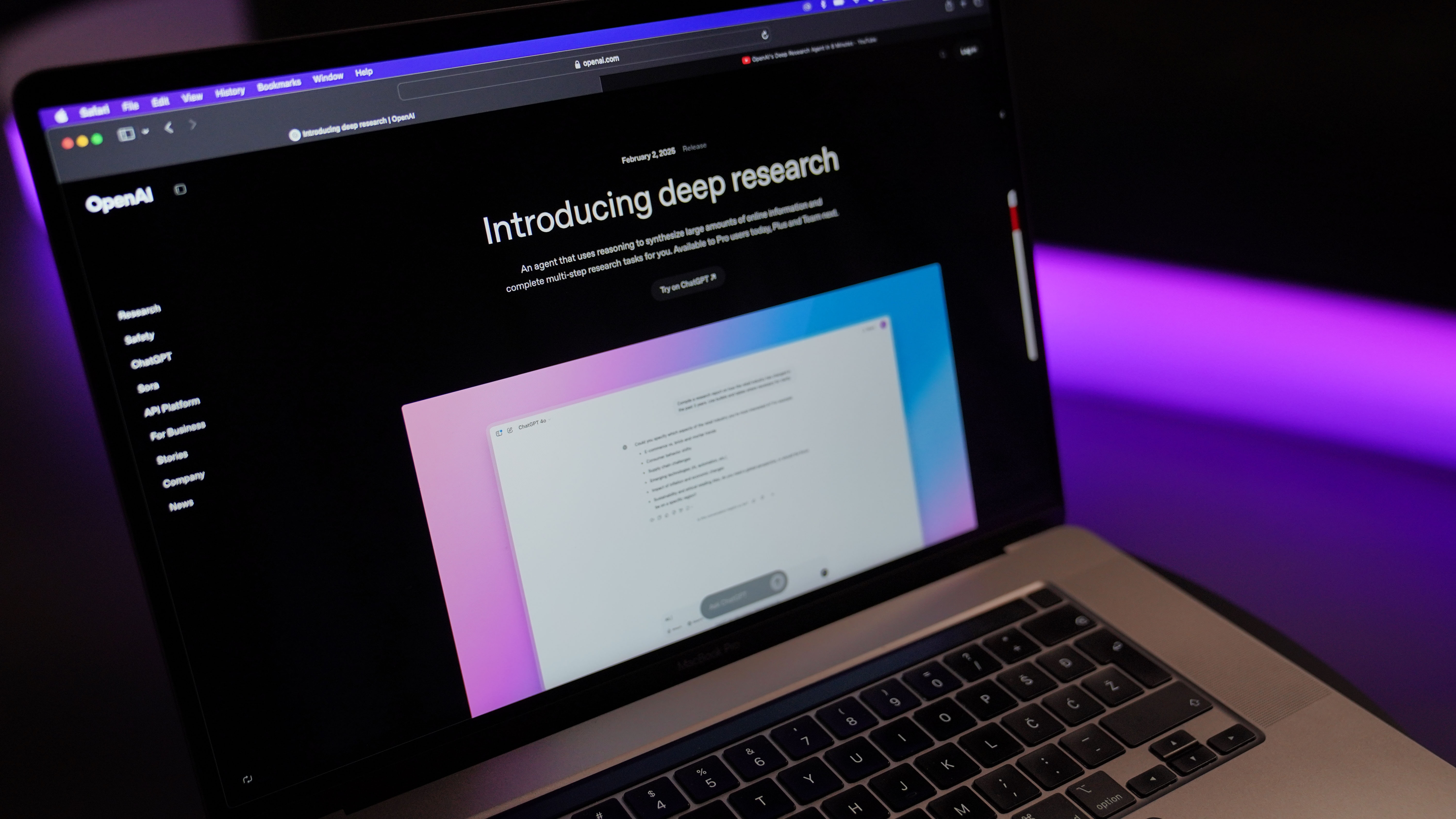














































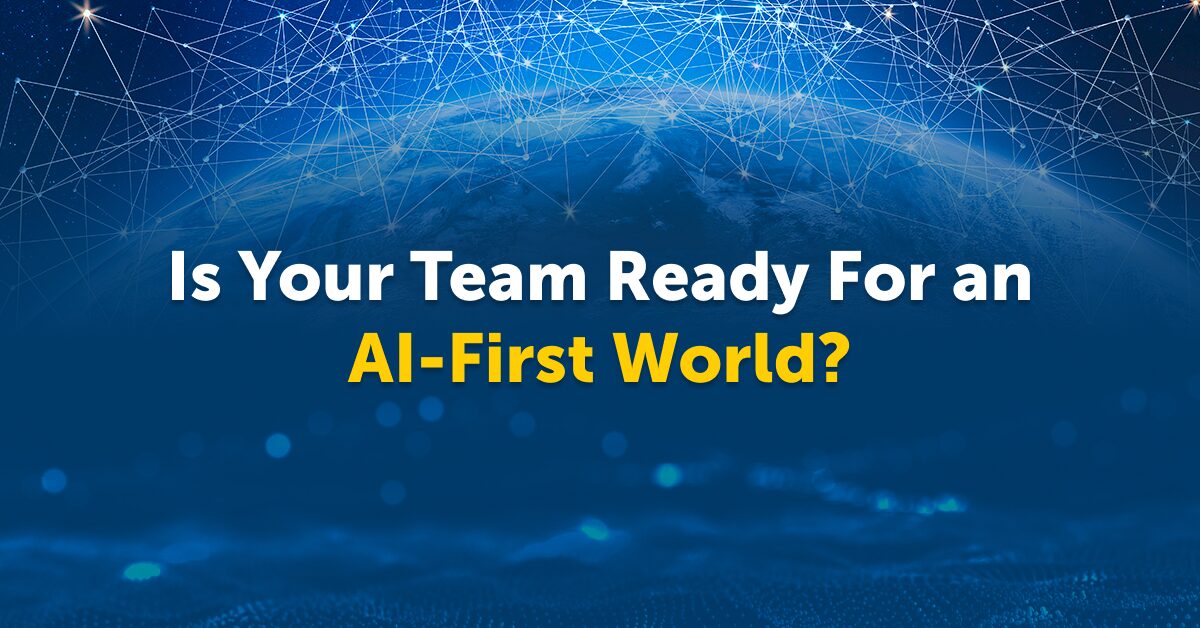


































































































![[The AI Show Episode 144]: ChatGPT’s New Memory, Shopify CEO’s Leaked “AI First” Memo, Google Cloud Next Releases, o3 and o4-mini Coming Soon & Llama 4’s Rocky Launch](https://www.marketingaiinstitute.com/hubfs/ep%20144%20cover.png)















































































































































































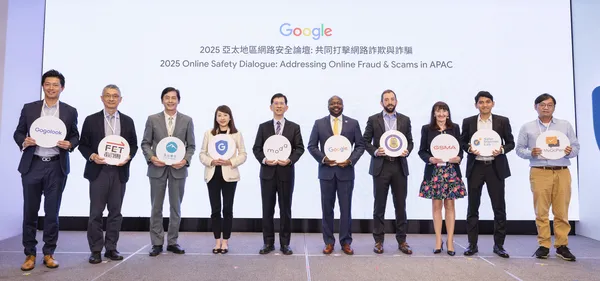
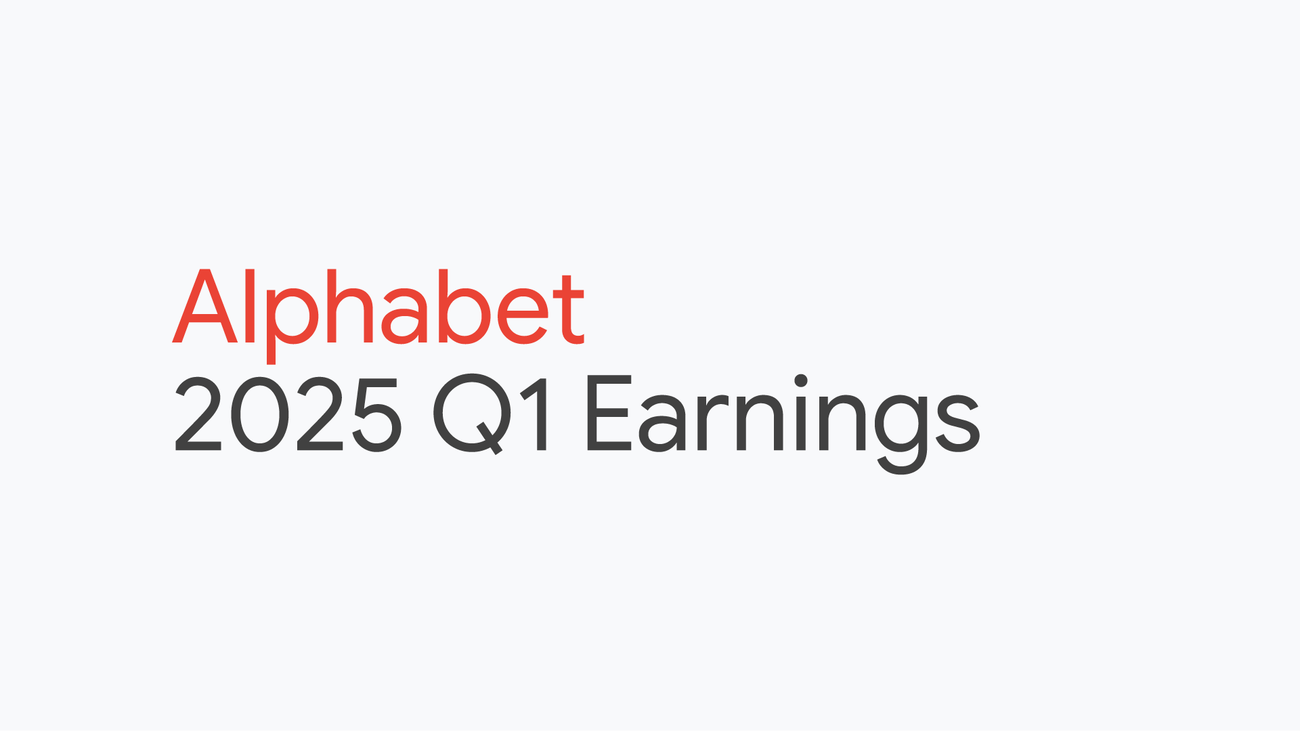






.jpg?width=1920&height=1920&fit=bounds&quality=70&format=jpg&auto=webp#)







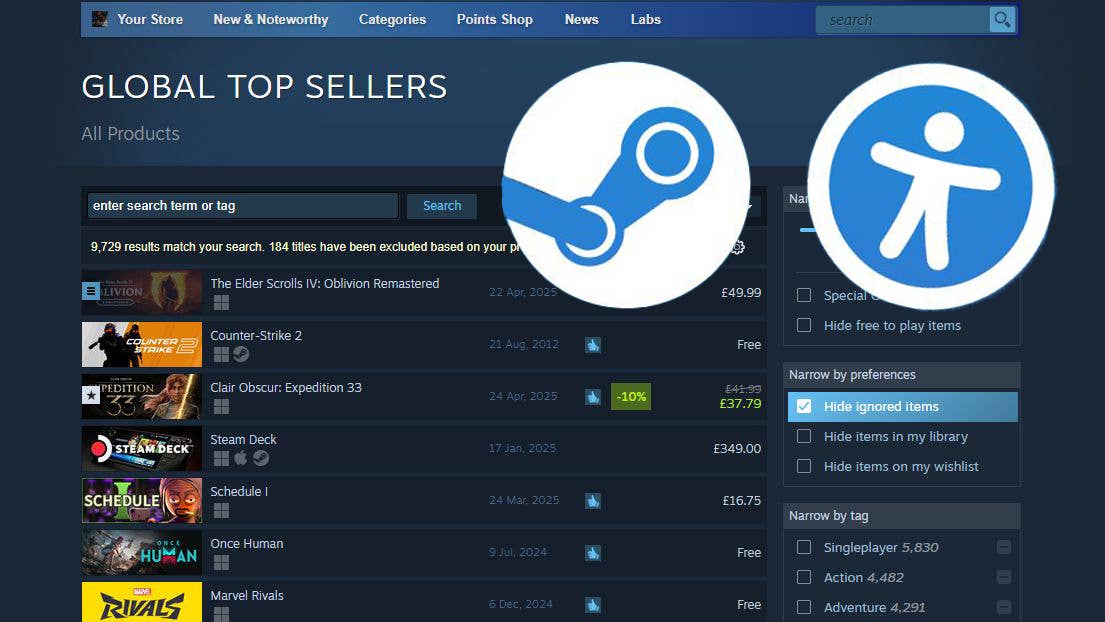




















































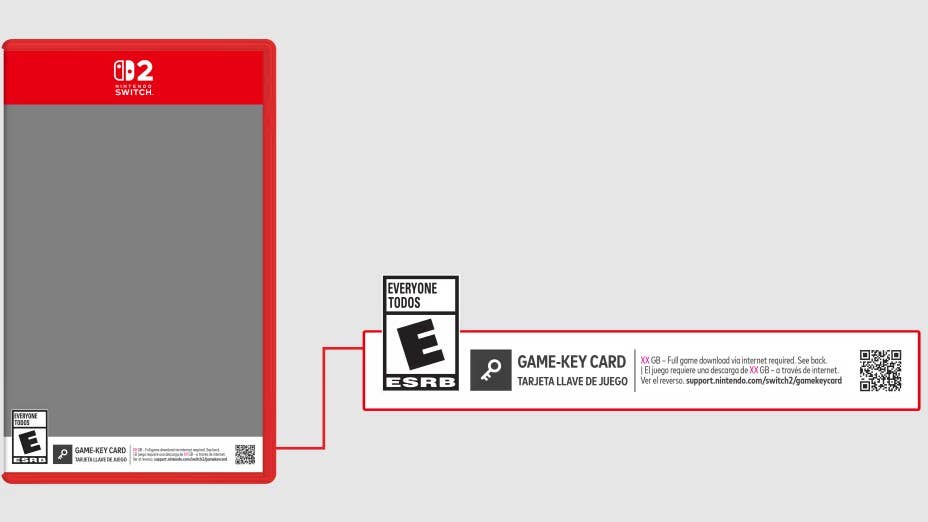


























_Olekcii_Mach_Alamy.jpg?width=1280&auto=webp&quality=80&disable=upscale#)








































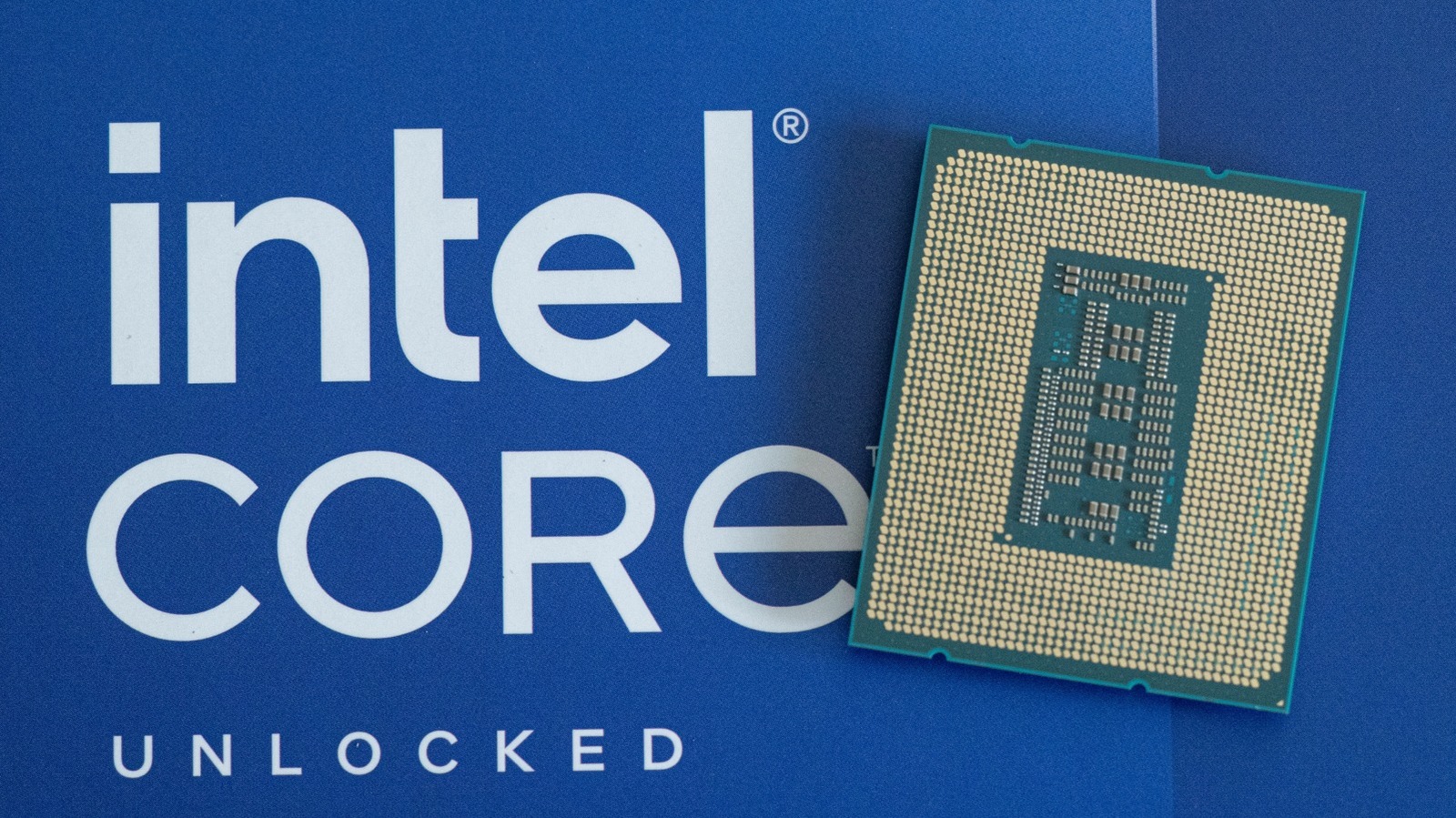

















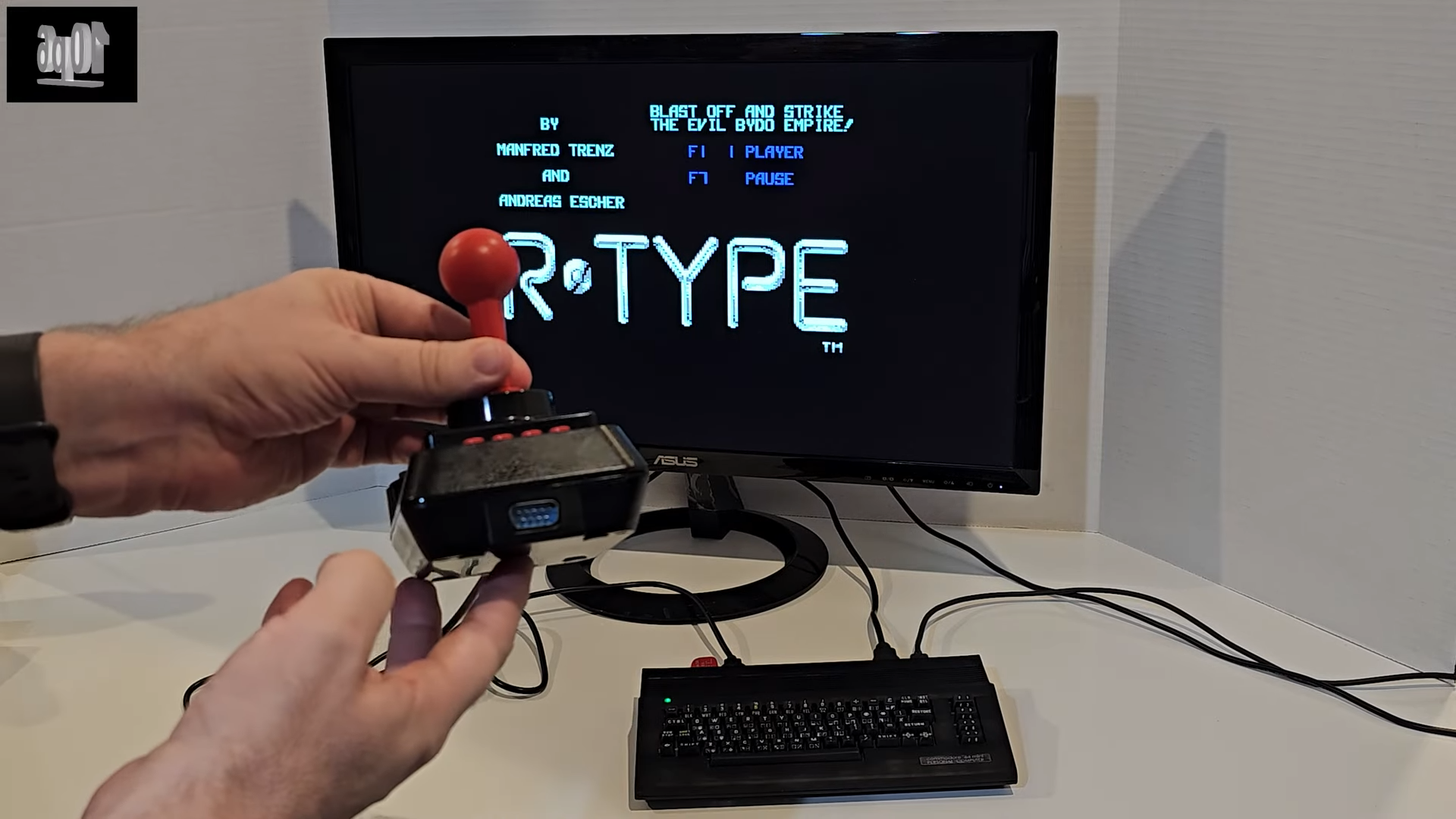















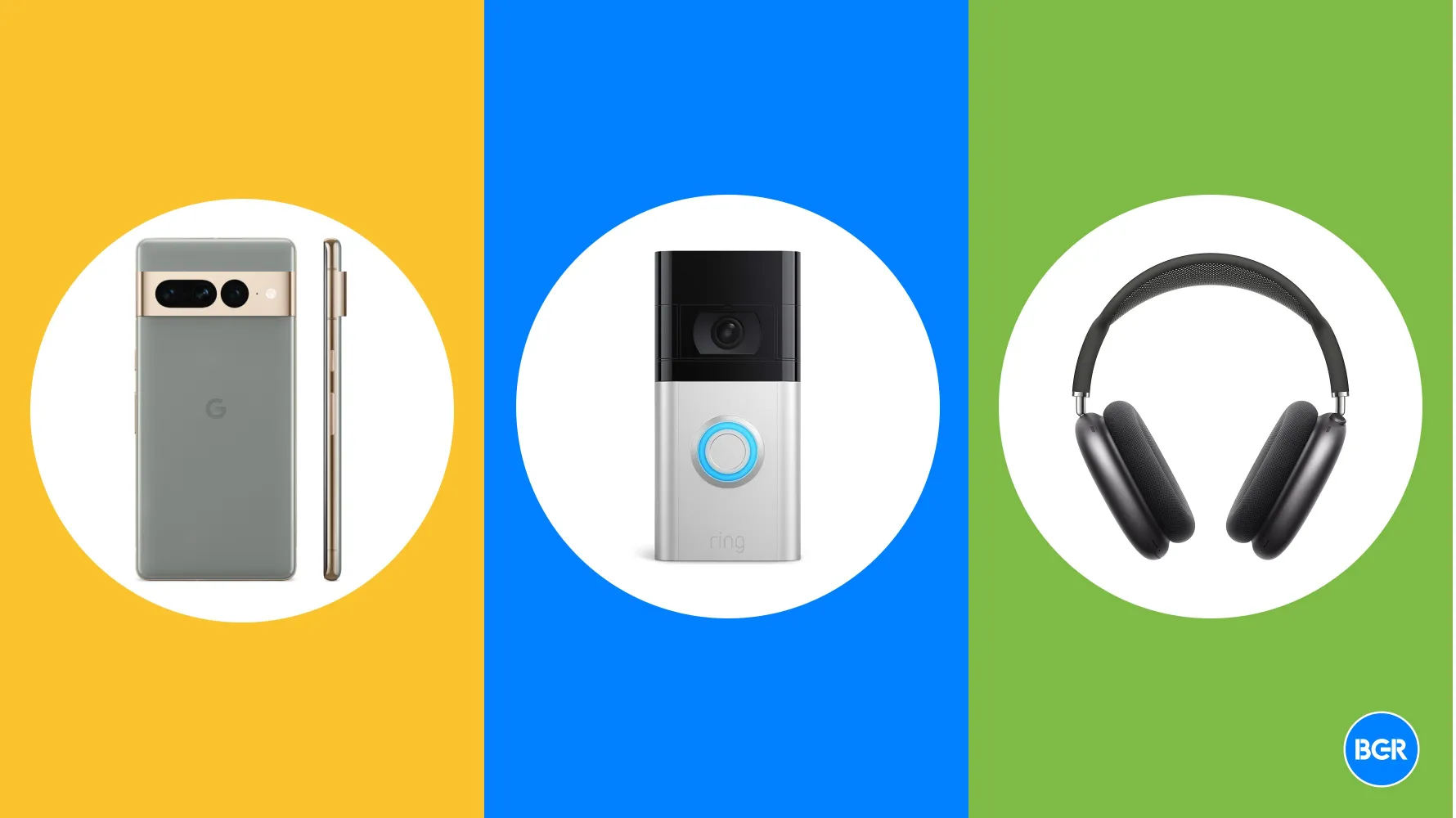













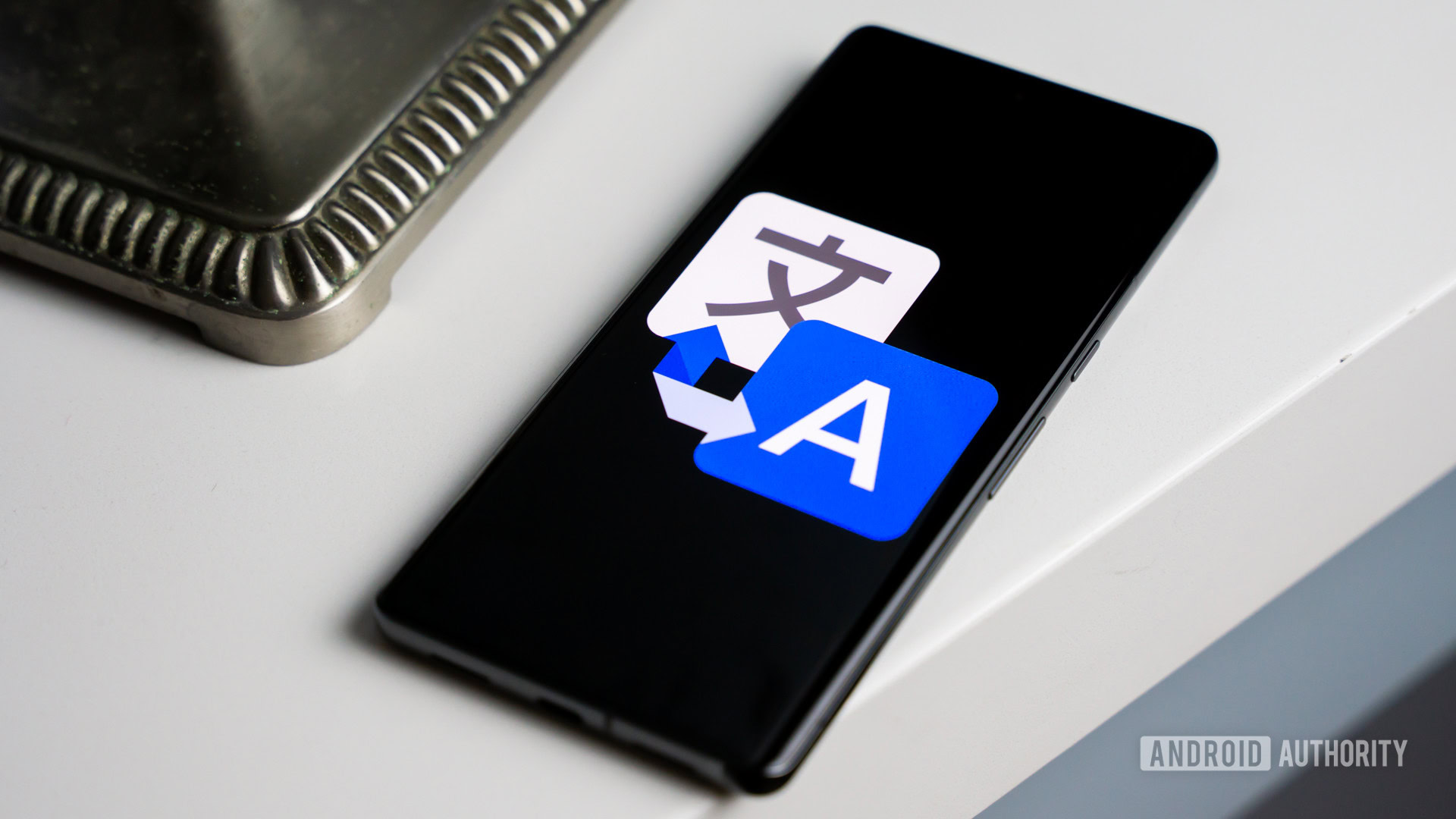





















![Most iPhones Sold in the U.S. Will Be Made in India by 2026 [Report]](https://www.iclarified.com/images/news/97130/97130/97130-640.jpg)
![Apple to Shift Robotics Unit From AI Division to Hardware Engineering [Report]](https://www.iclarified.com/images/news/97128/97128/97128-640.jpg)

![Apple Shares New Ad for iPhone 16: 'Trust Issues' [Video]](https://www.iclarified.com/images/news/97125/97125/97125-640.jpg)















